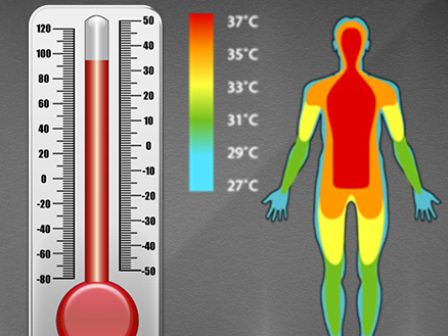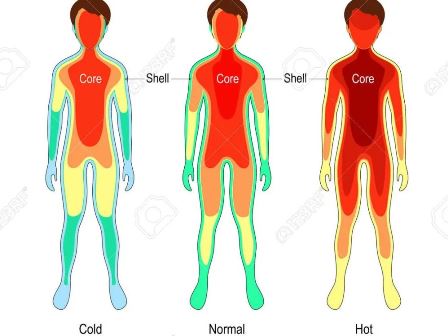Seek medical attention for your fever if your temperature is high and has not dropped after taking fever medicines. Your temperature lasts for several days or keeps coming back. So, fever in adults when to worry?
Fever is a temporary increase in body temperature and a sign that your body is fighting an illness or infection. Usually, there is no cause for concern, but certain situations warrant a visit to the doctor or even the emergency room. Learn when it’s time to seek treatment.

What causes a fever in adults?
Fever is an elevated body temperature, which means your temperature is 100.4 degrees F or higher. Fever is the body’s way of fighting infection by naturally raising the body’s temperature to “kill the germ.”
The medical community likes to say that fever is a “good thing” in most cases.
And yes, it is entirely possible for adults to develop a fever without other symptoms and for doctors to never really find the cause. Viral infections can commonly cause fever, and such infections include the pandemic virus, cold or flu, respiratory tract infection such as bronchitis, or the classic stomach virus.
This is why you often hear the word “viral” as an explanation because these types of infections often clear up on their own after a few days.
How long does a fever last in adults?
Most fevers go away on their own within a few hours or days as your body wears off the infection. If your fever lasts longer than 3 days, it is important to see a doctor. A relapsing fever, however mild, can be a sign of a more serious condition. An urgent care center is a quick and convenient place to seek treatment for mild fevers.
Humans, like all mammals, are warm-blooded, which means that our bodies stay warm or at a fairly constant temperature, even when the temperature of our environment changes.
For most of us, our bodies tend to range between 97 and 99 degrees Fahrenheit. But under certain circumstances, our body temperature rises, resulting in fever.
Your body’s immune system creates a fever to fight infection.
Fever in adults when to worry?
Fever is a symptom caused by a wide variety of diseases. Fever can occur in anyone at any age.
We have all experienced the wave of chills and exhaustion that fever causes.
Fever rarely occurs without other symptoms. It is often accompanied by specific complaints, which can help identify the illness causing the fever. This can help the doctor determine what treatment is necessary.
when to worry about a fever in adults?
Get medical attention for your fever if: Your temperature is high and has not gone down after taking Tylenol or Advil. Your temperature lasts several days or keeps coming back. You have serious health conditions like diabetes, heart disease, or sickle cell anemia.
Most fevers go away on their own within a few hours or days as your body wears off the infection. If your fever lasts longer than 3 days, it is important to see a doctor. A relapsing fever, however mild, can be a sign of a more serious condition.

Celsius to Fahrenheit Fever
Human body temperature information and conversion tables include normal, high, and low readings and fever readings from Celsius to Fahrenheit.

Normal Body Temperature
Your body has an internal thermostat and your goal is to keep your temperature as close to your goal as possible. What’s the normal body temperature?

Human Body Temperature
Normal human body temperature varies by person, age, activity, and time of day.
